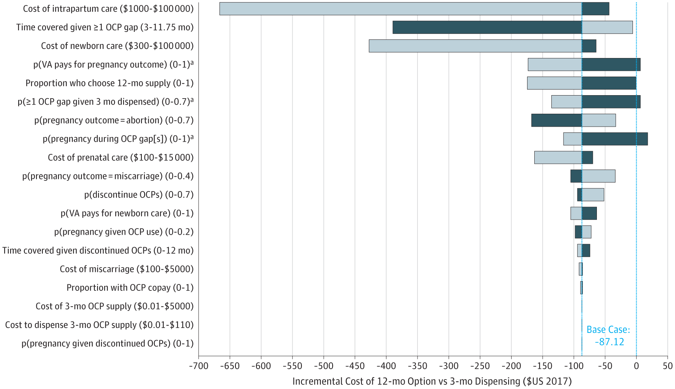Birth Control Pill Change Could Save VA $2 Million Annually
PITTSBURGH—What if there was a method to prevent nearly 600 unintended pregnancies and save the VA about $2 million a year in prenatal, birth and newborn care costs while also bolstering the reproductive autonomy of the about 24,000 women who receive oral contraceptives from the healthcare system?
A new study suggested that paradigm would be easy to achieve. VA pharmacists now regularly fill three-month prescriptions of routine medications. The report in JAMA Internal Medicine argued that dispensing a yearlong supply could make all the difference.
University of Pittsburgh-led researchers said yearlong dispensing of OCs is a coming trend and, although not well-known, 17 states and the District of Columbia require insurance companies to cover a year’s supply of contraceptives.
The study team decided to model the approach at the VA, which manages the largest integrated American health system.

Financial Implications of 12-Month Dispensing of Oral Contraceptive Pills in the Veterans Affairs Health Care System
One-way Sensitivity AnalysesBar colors denote the directionality of the variable range associated with the resultant incremental cost (ie, dark blue bars represent decreasing and light blue bars indicate increasing values). Threshold values are reported in Table 2. OCP indicates oral contraceptive pill; p, probability; VA, Veterans Affairs. aVariation can result in the 3-month strategy being favored over the 12-month option.
(JAMA Intern Med. Published online July 08, 2019. doi:10.1001/jamainternmed.2019.1678)
Results based on a mathematical model indicate that dispensing a year’s supply of birth control pills up front would support women’s reproductive autonomy while also being cost-effective.
“Medication dispensing limits are thought to be cost-saving, because you’re not wasting pills and medicines that people aren’t going to use,” explained lead author Colleen Judge-Golden, an MD, PhD student at Pitt’s School of Medicine. “Our analysis shows that concerns about wastage of contraceptive pills are overshadowed by the potential consequences of missed refills and especially of unintended pregnancies.”
In fact, the study pointed out that reducing birth control refills would help female veterans better avoid undesired pregnancies, and the money saved on healthcare costs would more than outweigh the expense of providing birth control in larger quantities.
Currently, according to VA data, 43% of women receiving three-month increments of birth control pills experience at least one gap between refills over a year’s time, while, outside of the VA, women receiving a year’s worth of contraceptives have fewer gaps and, as a result, fewer unintended pregnancies.
